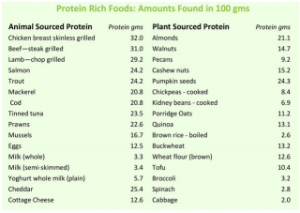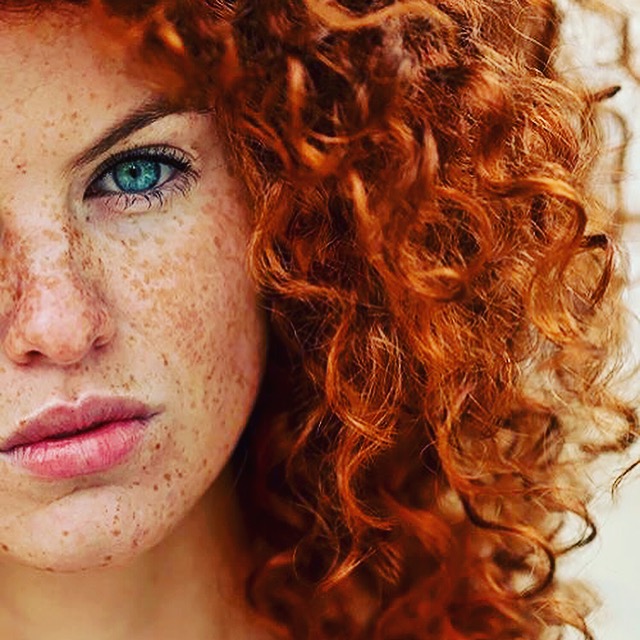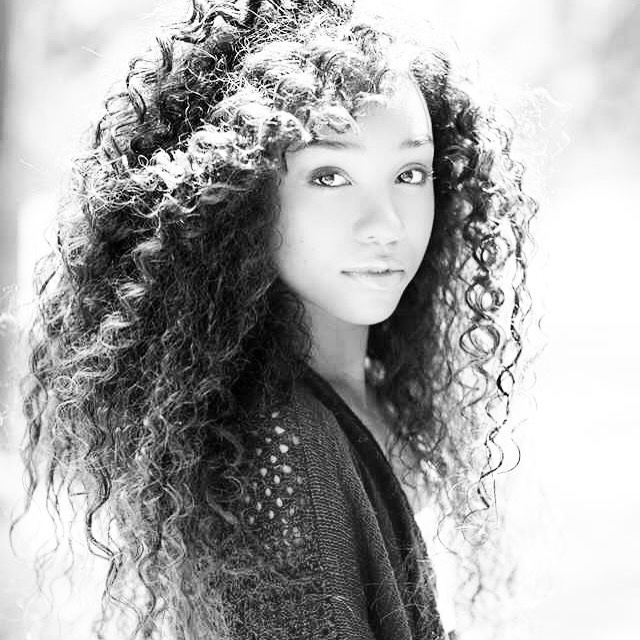Health & Nutrition, Hair Science
HEALTHY DIET HEALTHY HAIR
 The best thing you can do for yourself and especially your hair is to eat a balanced diet. Experts agree that a healthy diet with the right mix of protein, iron, and other nutrients can help improve the health, look, and feel of your hair. “As a trichologist ,” says Guy Parsons, “healthy hair is hair that’s growing appropriately out of every follicle, not easily broken, and aligned with a healthy scalp…. it’s hair that’s as long and full as you’d like it to be. It’s bouncy, shiny, and manageable.” A balanced diet can give your hair all the nutrition and support it needs to satisfy both definitions for healthy hair, says Guy. Many hair and scalp issues arise from an imbalance in your diet. Hair loss as a direct result of iron deficiency is a classic example. Make sure in this diet crazy world that you are consuming a good balance or carbohydrates, proteins, as well as the right levels of fats and a good overall calorific value.
The best thing you can do for yourself and especially your hair is to eat a balanced diet. Experts agree that a healthy diet with the right mix of protein, iron, and other nutrients can help improve the health, look, and feel of your hair. “As a trichologist ,” says Guy Parsons, “healthy hair is hair that’s growing appropriately out of every follicle, not easily broken, and aligned with a healthy scalp…. it’s hair that’s as long and full as you’d like it to be. It’s bouncy, shiny, and manageable.” A balanced diet can give your hair all the nutrition and support it needs to satisfy both definitions for healthy hair, says Guy. Many hair and scalp issues arise from an imbalance in your diet. Hair loss as a direct result of iron deficiency is a classic example. Make sure in this diet crazy world that you are consuming a good balance or carbohydrates, proteins, as well as the right levels of fats and a good overall calorific value.
Healthy Hair: Why Protein Is Important
Your hair needs the same well-rounded diet that provides all the recommended vitamins, minerals, and other nutrients needed for good health in the rest of your body. Take protein, for example. A strand of hair is composed of mostly protein, which means your hair needs protein to grow. “Hair and nails are both made of different types of protein called Keratin. At any given time, about 90% of your hair is in the growing phase. For each individual hair, this growing phase lasts 2 to 3 years. At the end of that time, hairs enter a resting phase that lasts about 3 months before they are shed and replaced by new hair. If you don’t eat enough protein within your diet , a disproportionate number of hairs may go into the resting phase.
 A typical scalp has about 120,000-150,000 strands of hair, and sheds about 50 to 100 strands each day. Most people don’t even notice that small amount. But if an unusually large number of hairs enter the resting phase at the same time, your hair loss can become more noticeable and perhaps alarming. If not getting enough protein is the reason, you can fix that through your diet. I would recommend at least 140g of protein with breakfast and lunch. The best proteins are “primary” proteins which include red meat, lean meat, fish ,eggs, poultry and cheese. Be careful however if you are a dandruff or eczema sufferer as cheese and exacerbate the problem.
A typical scalp has about 120,000-150,000 strands of hair, and sheds about 50 to 100 strands each day. Most people don’t even notice that small amount. But if an unusually large number of hairs enter the resting phase at the same time, your hair loss can become more noticeable and perhaps alarming. If not getting enough protein is the reason, you can fix that through your diet. I would recommend at least 140g of protein with breakfast and lunch. The best proteins are “primary” proteins which include red meat, lean meat, fish ,eggs, poultry and cheese. Be careful however if you are a dandruff or eczema sufferer as cheese and exacerbate the problem.
The “secondary” proteins such as beans, lentils, pulses, nuts etc don’t contain the same amount of essential amino acids as “primary” proteins and they are not that easily absorbed into the bodies system. The best of the proteins are usually agreed as eggs, and in particular egg whites. That is because the proteins from egg whites are the most easily and readily absorbed by the body.
Iron and Other Nutrients
Protein isn’t the only nutrient needed to maintain healthy hair. You also need iron, vitamins b and e, trace minerals such as selenium, copper, zinc and magnesium to help keep your hair in good shape. “All of these are involved in the production of proteins which in turn will form and make up your hair” says Guy Parsons, founder of My Hair Doctor. If you don’t consume enough iron this could also contribute to your hairloss or hair weakness. “The best source of iron in your diet is meat,” says Guy. As well as this a good balance of lean meat such as beef, chicken and pork and fish are great sources. Good vegetarian sources of iron include fortified cereals, soybeans, pumpkin seeds, white beans, lentils, and spinach. The problem with iron from non-animal sources is that the body absorbs iron less efficiently from plants. ” Therefore, whilst still possible to eat a totally vegetarian diet it may also be that you do not have enough iron intake. It may be sensible and practical to have a blood test to see the levels of your iron stores and possible consider supplementing your diet with iron. Another key point is that iron supplements are better absorbed when you take Vitamin C as well.
Iron Defiency Anaemia
Iron Deficiency Anaemia is caused by lower numbers of red blood cells (haemoglobin). A diet lacking in iron rich foods is normally the cause or perhaps that your body is not absorbing the iron properly. Many women who have periods suffer from a blood loss that may not be being replenished sufficiently. If you think your hair is weak, brittle or thinning, test your iron levels. These should be analysed for Total Iron Binding Content and Serum Iron. It may well be that your iron count is low and that you may be anaemic. Please don’t worry, you can be prescribed a supplement .
Carbohydrates – because your hair cells are the second fastest growing in the body they need energy and plenty of it. Carbohydrates provide energy, they are quickly absorbed into your bloodstream and distributed around the body for energy and repair. There are two types of carbs – Simple and Complex – the complex ones are better for your body, they maintain a higher level of cellular energy than simple carbs such as pastries, cakes etc. Complex carbs deliver slow release energy over time. Simple carbs are a bit more yo-yo in that they release sugar loaded carbs that peak and fall very quickly. Have you ever noticed the “rush” after lots of sugar quickly followed by a sluggishness?
Here’s the best complex carbs
Green vegetables, brown rice, pasta, oatmeal, wholegrain toast, peas, baked beans, whole grain cereal, barley, apples, banana, pears, celery , bulgar wheat.
Ferritin
Ferritin is the stored iron that helps to produce the protein vital for you hair cells to divide and grow. It is found in every cell in your body and is essential for growth. A healthy stored iron content will contribute to your hairs growing phase known as “anagen” If your body does not have enough iron stored it will take the iron from non essential tissue matter (hair) first.
The Best Plant Iron Foods
Prunes, figs, dried apricots, spinach, kale, broccoli, soy beans, pulses, almonds, fortified cereals, watercress, beetroot.
Vitamin D and Your Hair
Though the evidence still isn’t clear, many studies suggest that Vitamin D may play a role in the hair cycle and the speed and rate of growth. “We get Vitamin D from the sun,” Guy Parsons says. “But as a trichologist I would not recommend over exposure to try and encourage hair growth. It’s just that we all notice our hair and nails growing quicker and arguably stronger in the sun.” You can also get vitamin D from fortified foods such as milk, orange juice, and cereals. But, Guy says, according to some studies, many people don’t get enough vitamin D, “and the actual recommended dosage is controversial.” He recommends talking with your doctor about your vitamin D needs and whether or not you should take a supplement.
 Are Hair Supplements Necessary?
Are Hair Supplements Necessary?
A good balanced diet will ensure you get all the vital nutrients for your hair. In saying this how a body processes these foods can vary. Some may have a quick metabolism, others slow. There is also the factor of lifestyle, how much you smoke, drink, exercise. With all of this in mind it is possible that an individuals nutritional needs may need assistance or a boost. Supplements can take 2-3 months to “work”, they are not a quick fix, in fact exactky as the name suggests. When taking them stick with it for at least 3 months. Here is a variety of the types available and good for assistance in hair growth and development
- Calcium
- Collagen
- Copper
- Biotin Multi
VITAMINS
- Iron Zinc
- Vitamin b6
- Vitamin d
- Vitamin b12
- Soy protein
- Zinc – although this is a trace element
“Any vitamin deficiency will cause hair loss. All the vitamins are important — B, C, E,” says Guy , but that doesn’t mean, as she and other experts point out, that you need to buy special supplements for your hair. “The best source for the nutrients you need,” Guy says, “is a true, well-balanced diet.” Guy is often asked about adding zinc or biotin supplements to a diet. “I don’t check the zinc or biotin levels in patients,” she says. “It’s very hard in an all round diet for those things to become deficient. And there hasn’t been any good evidence that taking zinc or biotin supplements actually offers any major benefits for hair.” Extra biotin probably won’t hurt, “but it’s not clear it does much good, either,” Guy says. If you take a supplement, tell your doctor so it’s part of your health records. Your health care providers should know about everything you take, even if it’s natural or didn’t need a prescription.
Hair Health and Weight Loss Diets
Weight loss, especially rapid loss from a restrictive diet, can cause major hair loss. “As a hairdresser when you see a client with rapid weight loss it is not uncommon to see and experience that they have have thinner and/or more brittle hair which is normally resultant of nutrient deficiency from the specific diet they are on” says Guy “Women on a very strict calorie-deprived diet will lose their weight very quickly. But it’s hard to ensure they get the nutrients they need,” Guy says. Weight loss can also stress the body, which also contributes to hair loss. “Even if you lose weight very slowly on a doctor-approved program, you may still have associated hair loss.”
The Daily Must Do’s
Breakfast – is a must , after sleeping energy levels are low and need energizing, energy essential for tissue growth and hair development. Make sure you consume a good balance of protein and complex carbohydrate. Drink, Drink, Drink – hydrate your system with at least 1.5 – 2 litres of water per day Limit your salt – too much can cause water retention The 4 Hourly rule – energy levels drop every 4 hours so try and have a healthy snack or food every 4 hours. If the snack is between meals things such as fruit or vegetables or wholemeal toast is ideal to keep your energy levels up. Eat Your Iron – make sure you take meat or vegetable iron rich foods – every day for fruit and veg and at least twice weekly for meat. Don’t Forget the C word – yes that’s Vitamin C as apart from being the one and all great to have daily it also assists in your iron uptake whether your iron is taken natrually through foods or though supplements

